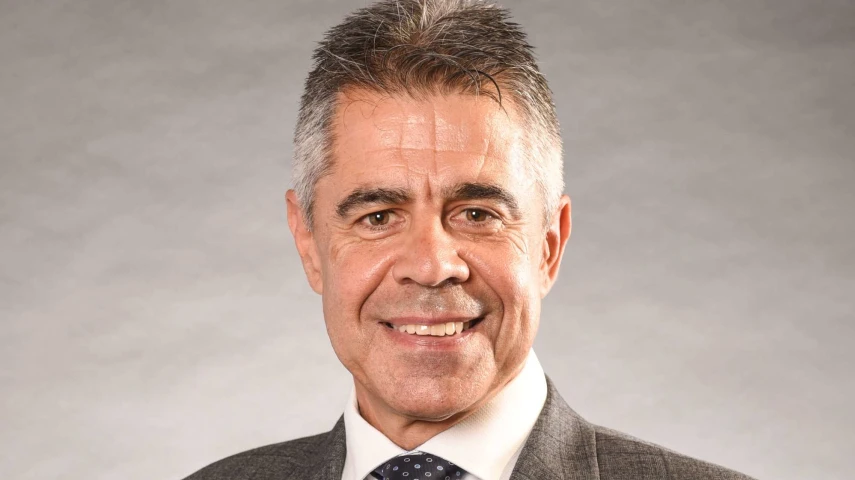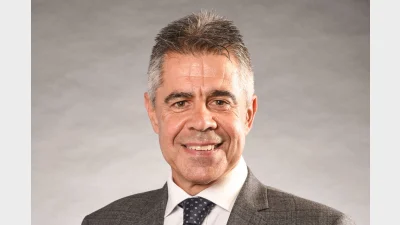Changes to new super tax bill garners support



There is growing support from the Senate crossbench for the government to rethink its plans to tax unrealised gains in the proposed $3 million super tax.
Last week, the legislation was before the House of Representatives, along with the objective of super bill, following which it was reported that a number of independent MPs spoke out against it highlighting the unintended consequences of taxing unrealised gains and lack of indexation.
SMSF Association chief executive Peter Burgess said the teal crossbenchers have always been strong supporters of the association’s position on the taxation of unrealised capital gains and indexation.
“As we have said on many occasions this new tax introduces an unprecedented treatment of assets, and it’s encouraging to see this now being called out,” he said.
“It could have far-reaching implications for future tax changes beyond superannuation.”
In Parliament last week, North Sydney representative Kylea Tink said the proposed tax was a “moment-in-time cash grab” and asserted it introduces an unprecedented treatment of assets in Australia.
“At the same time it doesn’t seem to be in any way, shape or form future-proofed,” she said, adding it was reasonable to expect asset classes held by super funds, such as property, to fluctuate over time.
She added that despite submissions from leading industry associations, there had been little change to the bill since it was first proposed.
Moreover, Goldstein MP Zoe Daniel said taxing unrealised gains of large balance super accounts was “out of line with their treatment in other areas of tax policy where capital gains are normally taxed on realisation, not accrual” and added that the “refusal to entertain indexing the cap” was the “superannuation equivalent of bracket creep”.
Meanwhile, Wentworth MP Allegra Spender argued the tax could potentially deter investment from SMSFs in venture capital in early-stage start-ups.
“There’s a real danger that we will basically disincentivise angel and other investors making these early or mid-size investments in their super funds,” Spender said.
“Superannuation has a disproportionate sway in the Australian investment space, it’s where people put their discretionary income … so at a time when cash is already going out of that [start-up] system, they could lose more.”
Burgess said the government has previously acknowledged that economic growth requires investment and the common ingredient for success in a more challenging economic world is business investment.
“SMSFs have historically been a strong source of venture capital. Taxing unrealised capital gains will discourage investment, particularly investment in technology where it is common for valuations to increase significantly long before the payment of any income,” he said.
Recommended for you
The ATO has revealed nearly $19 billion in lost and unclaimed super, urging over 7 million Australians to reclaim their savings.
The industry super fund has launched a new digital experience designed to make retirement preparation simpler and more personalised for its members.
A hold in the cash rate during the upcoming November monetary policy meeting appears to now be a certainty off the back of skyrocketing inflation during the September quarter.
The peak superannuation body has announced the appointment of Peter Chun, CEO of UniSuper, to its board of directors.









